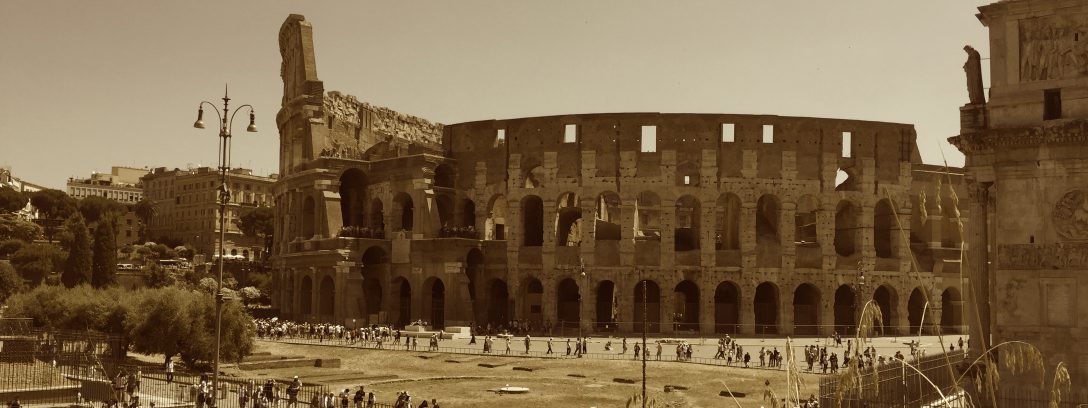XXI. De Brachiis. Brachia ad anterius inflexa homo habet, que contra omnium fere animalium genera reflexa ad posterius habent. Brachia ex fortissimis ossibus procreantur. Pars anterior que manus continet duo ossa habet, unum maius et aliud minus. Posterior vero pars brachii, qua coniungitur humeris, unum tantum os habet validum et forte nimis. Brachia in iuvamentum laboris creata sunt fortia, flexibilia, habilitata ad omnem actum. In hiis nervi fortes, vene multiplices, e quibus commodius secundum phisicos superfluus ac nocivus sanguis extrahitur.
Contra paralysim brachii sensu carentis, sed motum habentis, ventosa sine scarificatione debet poni super humerum iuxta disgregationem, ut ad locum sanguis trahatur. Post debet poni versus cubitum, postea versus manum; et hoc successive debet fieri post aliquantam interpolationem. Sic ergo ventosa calefacit membra, et attrahet sanguinem et spiritus sensibiles, propter quod facit ad sensibilitatem membri. Si brachia dolueris vel humeros, in vino veteri vel in urina cum oleo bullienti lanam intinge et expressam fortiter calidam superpone. Ad idem valet quod supra dicitur de collo et humeris.
- Translation
- Vocabulary
- Notes
XXI. Concerning arms. Man has arms having been bent forward, which, in opposition to nearly all sorts of animals having arms that have been bent backward. Arms are brought into existence from the strongest bones. The lower part which holds the hands has two bones, one larger and another smaller. Truly the greater part of the arm, by which is joined to the shoulder, has only one bone that is very powerful and strong. Arms, were created in the aid of work, are strong, flexible, having been made suitable for all acts. In these, there are strong muscles, and there are many deep veins, out of which, according to doctors, overflowing and noxious blood is more suitably extracted.
Against the paralysis of an arm that is lacking feeling, but having movement, a cupping glass without scratching should be placed above the shoulder next to the joint, so that blood is drawn to the place. After, it should be placed opposite the elbow, afterwards toward the hand; and this should be done gradually after short intervals. Thus therefore the cupping glass heats limbs, and attracts blood and perceptible feeling, on account of which it makes for sensation of the limb. If arms or shoulders hurt you, dip wool in aged wine, or in urine with boiling oil, and squeezed out but strongly heated, put it on. For the same situation it holds true that which is said above, concerning the neck and shoulders.
aliquantus, a, um adj. gradually
attrahō, attrahere, attrāxī, attractum 3 to attract
bullio, bullire, bullivi, bullitum 4 to boil
calefaciō, calefacere, calefēcī, calefactum 3 to heat
careo, carere, carui 2 to lack; to be without
collum, i n. neck
commode, commodius, commodissime adv. suitably
coniungo, coniungere, coniunxi, coniunctus 3 to join together
cubitum, i n. elbow
disgregatio, is: f. dispersal; separation
exprimo, exprimere, expressi, expressum 3 to squeeze out
extrahō, extrahere, extrāxī, extractum 3 to extract
flexibilis, e adj. flexible
habilito, habilitare, habilitavi, habilitatum 1 to make suitable
humerus, i m. upper arm; shoulder
inflecto, inflectere, inflexi, inflexum 3 to bend forward
interpolatio, is f. short intervals
intingō, intingere, intīnxī, intīnctum 3 to dip
iuxta prep. next to
lana, ae f. wool
multiplex, multiplicis adj. Many, multiple
nervus, i m. muscle; nerve
nocivus, a, um adj. noxius; harmful
oleum, ei n. oil
paralysis, is f. paralysis
phisicus/physicus, i m. natural scientist; doctor
procreo, procreare, procreavi, procreatum 1 to bring into existence
reflecto, reflectere, reflexi, reflexum 3 to bend back
scarificatio, is: f. scratching
sensibilis, is, e adj. sensation
successive adv. gradually, by or in stages
superfluus, a, um adj. overflowing
urina, ae f. urine
vena, ae f. vein
ventosa, ae f. cupping glass
que contra omnium… : quae, not que
Pars anterior que… : anterior refers here to the forearm, que for quae
Posterior vero pars… : posterior refers to the upper arm
In hiis nervi… sanguis extrahitur : translate as “In these, there are strong muscles, and there are many deep veins, out of which, according to doctors, overflowing and noxious blood is more suitably extracted” ; commodius is a comparative form
ventosa : a cupping glass, used to create suction and increase blood flow to an area of the body, similar to modern therapeutic cupping practices. See https://www.webmd.com/balance/guide/cupping-therapy for more information.
poni super humerum… versus manum : Thomas travels down the arm, starting at the shoulder and moving down the wrist to describe places suitable for cupping ; iuxta disgregationem translate as “next to the joint”
ut ad locum sanguis trahatur : purpose clause, explaining why cupping is used
Si brachia dolueris vel humeros : translate as “if your arms or shoulders hurt,” literally “if you were hurt by arms or shoulders”
Veteri : ablative, not dative
